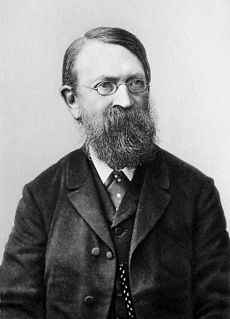A continuum theory is formulated for large deformations, thermal effects, constituent interactions, and degradation of soft biological tissues. Such tissues consist of one or more solid and fluid phases and can demonstrate nonlinear anisotropic elastic, viscoelastic, thermoelastic, and poroelastic deformation mechanisms. Under extremely large or rapid deformations, for example impact or shock loading, tissues may fracture, tear, or rupture. All such mechanisms are encompassed in a universal, thermodynamically consistent formulation that combines ideas from continuum theories of mixtures with phase-field mechanics of fracture. A metric tensor of generalized Finsler space supplies geometric insight into local rearrangements of oriented microstructures, for example separation and slip of collagen fibers. Continuum governing equations and jump conditions are derived. Free energy potentials and kinetic laws are posited for soft, porous tissues with solid and liquid or gas phases. Solutions for simple loading protocols enable trial parameterizations. Shocks are analyzed as moving singular surfaces; Hugoniot states and shock decay are studied. Suitability of the framework for liver, lung, skeletal muscle, and skin is demonstrated. Results clarify which mechanisms and parameters are of greatest importance for certain tissues and loading modes. The study gives insight into physics presently unresolvable in experiments and suggests properties and phenomena that should be the focus of future soft-tissue mechanics characterizations.

